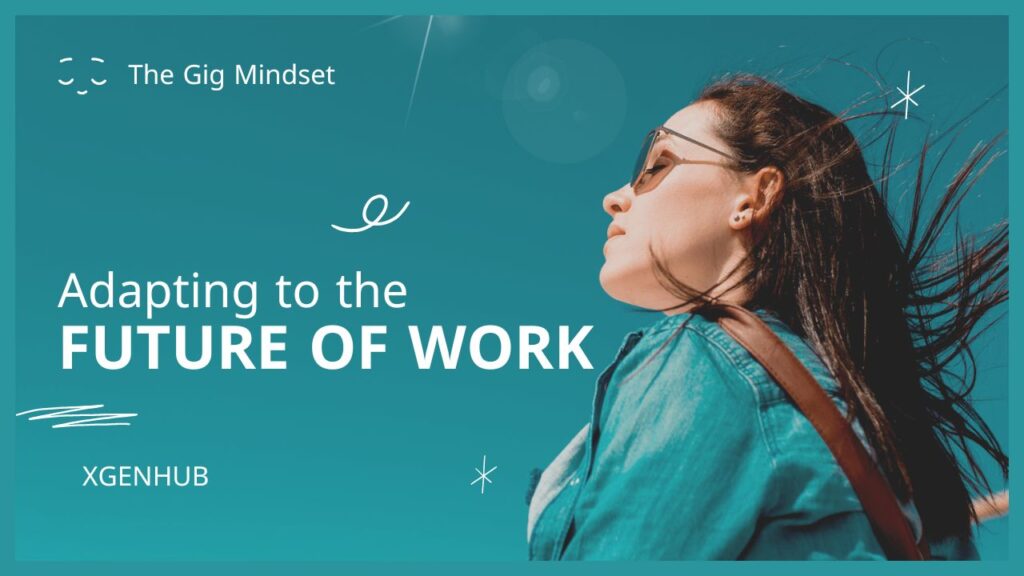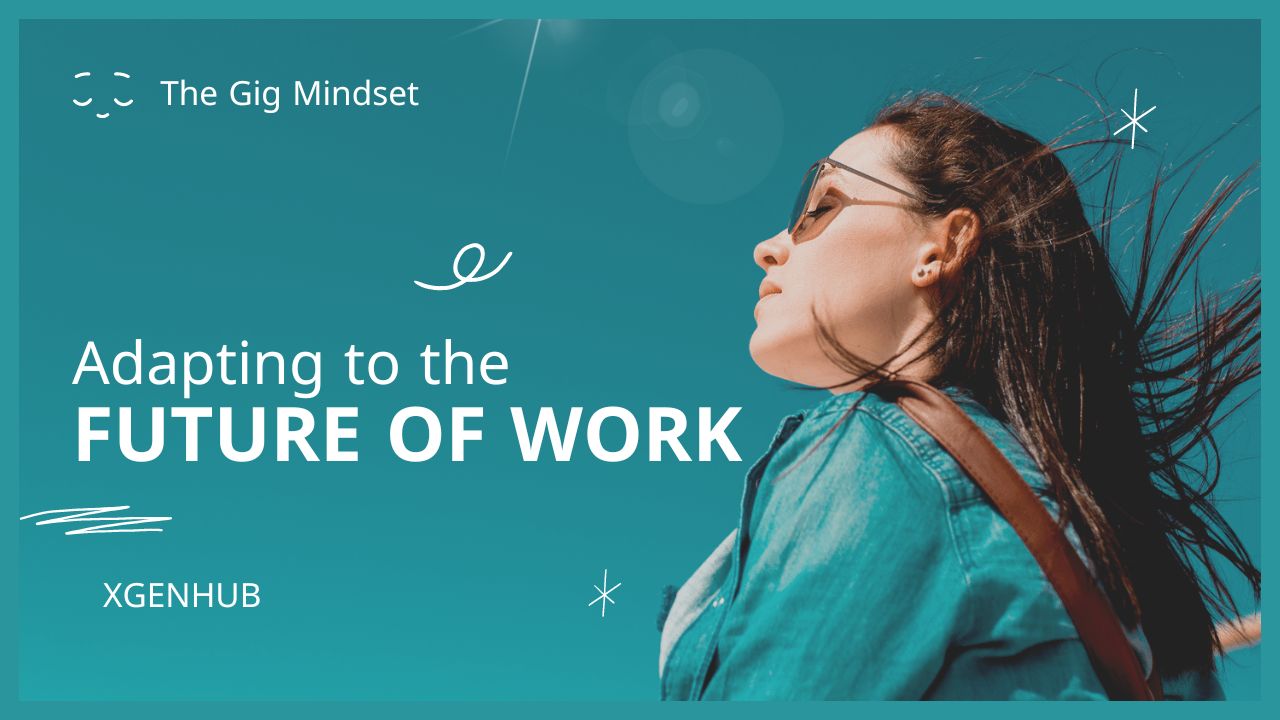Hey I’m Inzamul, Welcome to my article today I am going to breakdown The Gig Mindset: Adapting to the Future of Work
The nature of work is rapidly evolving, driven by technological advances, globalization, and shifting workforce dynamics. Traditional employment models are giving way to a more flexible, project-based approach known as the “gig economy.” To thrive in this new landscape, individuals and organizations must adopt a “gig mindset” – a mindset that embraces agility, continuous learning, and a willingness to adapt to changing circumstances.
Want to fire your boss? Take control of your Online income & get Started Today.

The Rise of the Gig Economy
The gig economy refers to a labor market characterized by short-term contracts, freelance work, and temporary engagements, rather than permanent, full-time employment.
Want to fire your boss? Take control of your Online income & get Started Today.
While the gig economy has been a reality for some time, particularly in industries like creative arts, consulting, and skilled trades, it has gained significant momentum in recent years. According to a study by Gallup, 36% of U.S. workers participated in the gig economy in 2021, either through their primary or secondary jobs.
Drivers of the Gig Mindset
Several factors are contributing to the shift towards a gig mindset:
- Changing Workforce Preferences: Many workers, particularly millennials and Gen Z, value flexibility, work-life balance, and the ability to pursue multiple interests and income streams.
- Economic Pressures: The gig economy offers opportunities for supplemental income, entrepreneurship, and diversification of revenue streams in the face of economic uncertainties.
- Globalization: The rise of remote work and global talent pools has enabled companies to tap into a broader range of skills and expertise on a project basis.
Adopting the Gig Mindset
Embracing the gig mindset requires a fundamental shift in how individuals and organizations approach work. Here are some key considerations:
Want to fire your boss? Take control of your Online income & get Started Today.
For Individuals:
- Develop a Diverse Skill Set: In a rapidly changing job market, it’s essential to cultivate a broad range of skills and be open to continuous learning and upskilling.
- Build a Personal Brand: Establishing a strong personal brand and professional network can help individuals stand out in a crowded gig marketplace.
- Embrace Flexibility: The gig mindset involves being adaptable, comfortable with change, and able to navigate multiple projects and income streams simultaneously.
- Manage Finances Proactively: Without the stability of a traditional full-time job, individuals must be proactive in managing finances, securing benefits, and planning for retirement.
For Organizations:
- Rethink Talent Acquisition: Companies must shift from a focus on permanent employees to a more agile approach that leverages a blend of full-time staff, contractors, and freelancers.
- Implement Efficient Project Management: Managing a dispersed workforce requires robust project management systems, clear communication channels, and effective collaboration tools.
- Foster a Culture of Continuous Learning: Organizations must prioritize upskilling and reskilling initiatives to ensure their workforce remains relevant and adaptable.
- Embrace Agility and Innovation: The gig mindset encourages organizations to be more nimble, responsive to market changes, and open to new ideas and approaches.
Want to fire your boss? Take control of your Online income & get Started Today.
While the gig economy presents challenges, such as worker protections, benefits, and job security, it also offers opportunities for greater flexibility, autonomy, and work-life balance. By adopting a gig mindset, individuals and organizations can position themselves for success in the evolving world of work.
Thanks for read my article, The Gig Mindset: Adapting to the Future of Work
